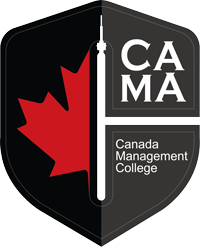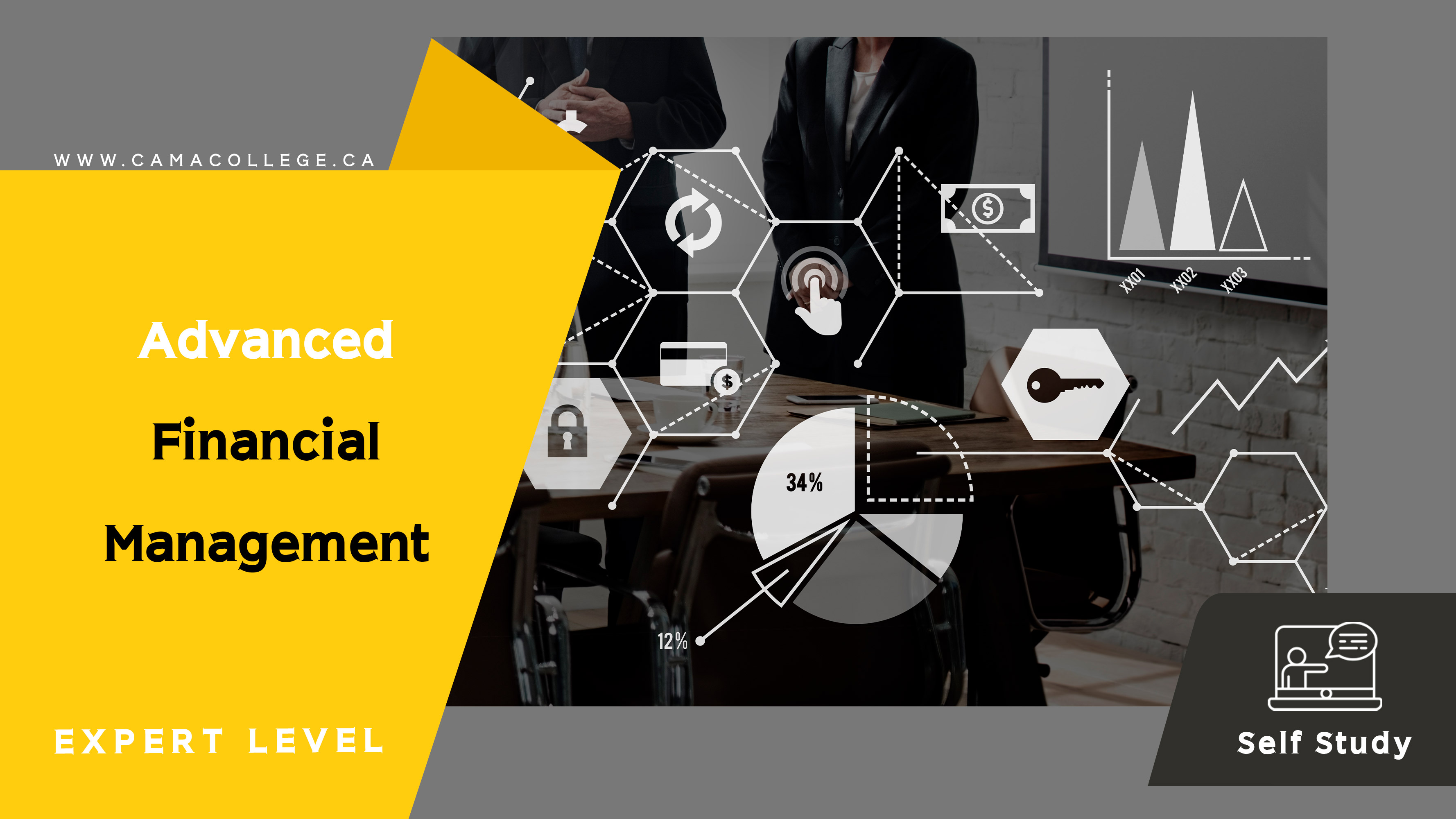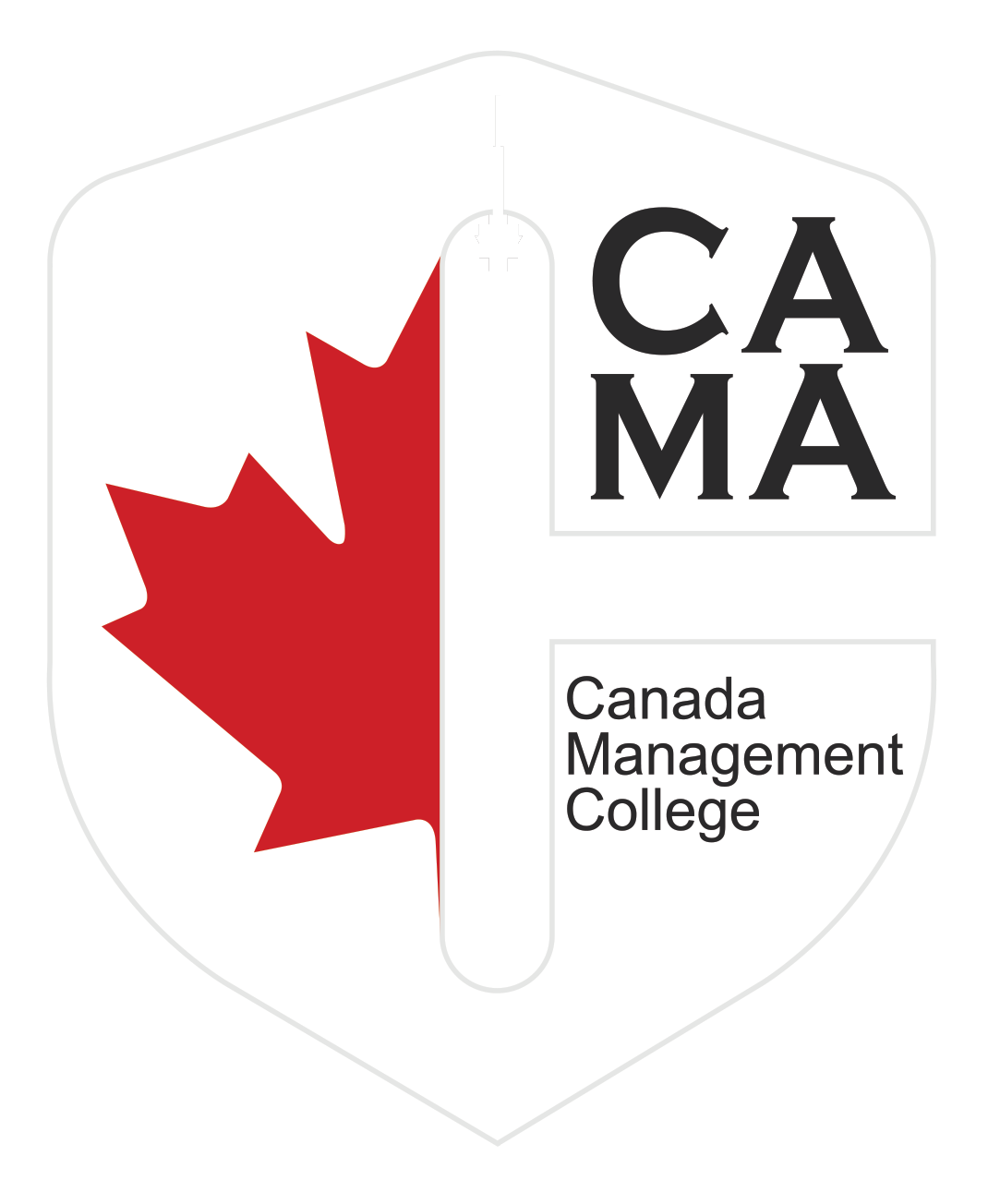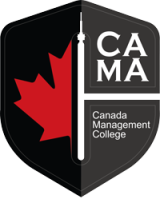Project Management Mastery
In Project Management Mastery Expert Course, a thoroughly compiled assortment of theoretical and practical knowledge and expertise will be offered to the …
What you'll learn
Introductory Remarks
Becoming familiar with the basics such as the fundamental definitions, history, significance, evolution, and terminology of the topic in order to foster an efficient educational experience
Advanced Project Management Methodologies
Gaining dominance upon expert-level project management methods, approaches, and procedures such as Waterfall, Lean, PRINCE2, Six Sigma, and Agile – as well as frameworks thereof like Scrum and Kanban – so as to choose and use the most suitable option based on all facets of the project itself
Strategic Planning
Formulating short-, medium-, and long-term plans in a purposeful harmony with resources and objectives of the business using approaches like PESTLE, Work Breakdown Structure (WBS), Program Evaluation and Review Technique (PERT), Critical Path Method (CPM), Critical Chain Project Management (CCPM), and others
Risk Assessment and Mitigation
Guaranteeing ceaselessly seamless project management mastery by identifying, evaluating, and prioritizing risks to minimize their impact, not to mention doing so using approaches such as Risk Avoidance, Risk Acceptance, Risk Transfer, and Risk Control as well as methods like the use of a risk matrix and conducting continuous monitoring
Engagement Strategies
Interacting with each stakeholder, employee, interested party or decision-maker based on their characteristic details to ensure optimized engagement using approaches based on assertiveness, accommodativeness, and collaborativeness in addition to methods such as Stakeholder Analysis, Communication Planning, Stakeholder Mapping, and so on
Performance Measurement and Project Evaluation
Assessing project effectiveness and advancement toward its goals by systematically gathering and analyzing data using concepts, methods, and approaches like Key Performance Indicators (KPIs), 360-degree Feedback, Earned Value Management (EVM), Post-project Evaluation, Benchmarking, etc.
Organizational Transformation and Change Management
Using strategies to facilitate significant changes within a business using approaches like Kurt Lewin's Change Model, ADKAR Model, Prosci's Change Management Methodology, McKinsey 7-S Framework, Bridges' Transition Model, and the like
Technological Tools of Project Management
Learning about the vast and constantly expandable world of technological, digital and/or online tools that directly or indirectly influence Project Management, tools ranging from Gantt charts, time-tracking tools, cloud storage solutions, etc. to various Project Management softwares like Microsoft Project, Asana, Trello, etc.
Conclusion
Following the methodological uniqueness and methodical tendencies in educational approaches of CAMA College, bringing the course to a proper conclusion and getting the whole picture by reviewing what was thoroughly taught and thought throughout the course so as to fortify its effectiveness for the participants
Advanced Financial Management
Advanced Financial Management Expert Course is in fact an in-depth exploration of the field of Financial Management to help the participants learn …
What you'll learn
Introductory Remarks
Becoming familiarized with foundational fundaments and fundamental foundations of the subject matter so as to characterize the methodology and optimize the capacity of the educational experience
Financial Statement Analysis
Mastering expert-level financial statement analysis using approaches like ratio analysis, trend analysis, common-size statements, and so on in order to conduct evaluations of liquidity, solvency, profitability, operational efficiency, and other such factors that provide a clear picture of financial decisions, protocols, and processes
Capital Structure and Financing Decisions
Handling the dynamic balance of equity and debt by learning about factors like leverage, return, risk, cost of capital, equity issuance, debt financing, weighted average cost of capital (WACC), hybrid instruments, and so on as well as utilizing concepts like Trade-off Theory, Modigliani-Miller Theorem, Pecking Order Theory, etc.
Investment Analysis and Portfolio Management
Gaining an advanced understanding of methodologies used for investment appraisal such as Net Present Value (NPV), Internal Rate of Return (IRR), and Monte Carlo simulations which can equip participants with the knowledge and experience to conduct accurate asset allocation and proficient portfolio optimization
Risk Assessment and Mitigation Strategies
Identifying and quantifying – if needed, even defying – financial risks by learning about credit risks, operational risks, liquidity risks, market risks, and mitigation strategies by means of using diversification, derivatives, hedging techniques, and so forth to guarantee financial stability and resilience
Conclusion
Following the methodological uniqueness and methodical tendencies in educational approaches of CAMA College, bringing the course to a proper conclusion and getting the whole picture by reviewing what was thoroughly taught and thought throughout the course so as to fortify its effectiveness for the participants
Eexcutive Leadership in Travel Agency Management
In Executive Leadership in Travel Agency Management Intermediate Course, a selection of insights necessary to effectively function as the leader of a …
What you'll learn
Introductory Remarks
Orchestrating a carefully handpicked array of basic terms, concepts, etc. to lay a dynamic foundation that can cater to upcoming educational needs of the participants
Specific Essentials
Guaranteeing a thoroughgoing, up-to-date understanding of particular elements that are vital fundamentals on the one hand and specific to this line of work on the other hand, elements such as industry standards, customer service protocols, regulatory compliance, global travel trends, destination knowledge and so forth
Strategic Planning and Decision-making
Formulating medium-term and long-term strategies to achieve your goals using frameworks such as SWOT analysis, Porter’s Five Forces, and the like to evaluate internal capabilities and external market dynamics, not to mention mastering data-driven analysis, risk assessment, stakeholder engagement, and other such approaches in travel agency business to ensure effective decisions are being made, decisions which are in alignment with the overall vision of the agency and facilitate its viable growth
Financial Management and Budgeting
Mastering processes like budgeting, forecasting, variance analysis, etc. so as to monitor financial performance of a travel agency well as learning about financial ratios, cash flow management, investment appraisal techniques and other related notions so as to ensure profitability, enhance resource allocation, support strategic initiatives, and boost operational efficiency
Modern Marketing Methods
Learning about digital marketing, social media campaigns, data analytics, customer relationship management (CRM) systems, and other such initiatives in travel agency business to target specific demographics, understand consumer behavior, personalize offerings, optimize marketing efforts, and fortify customer loyalty with the eventual purpose of enhancing brand visibility and increasing customer engagement
Conclusion
Following the methodological uniqueness and methodical tendencies in educational approaches of CAMA College, bringing the course to a proper conclusion and getting the whole picture by reviewing what was thoroughly taught and thought throughout the course so as to fortify its effectiveness for the participants





